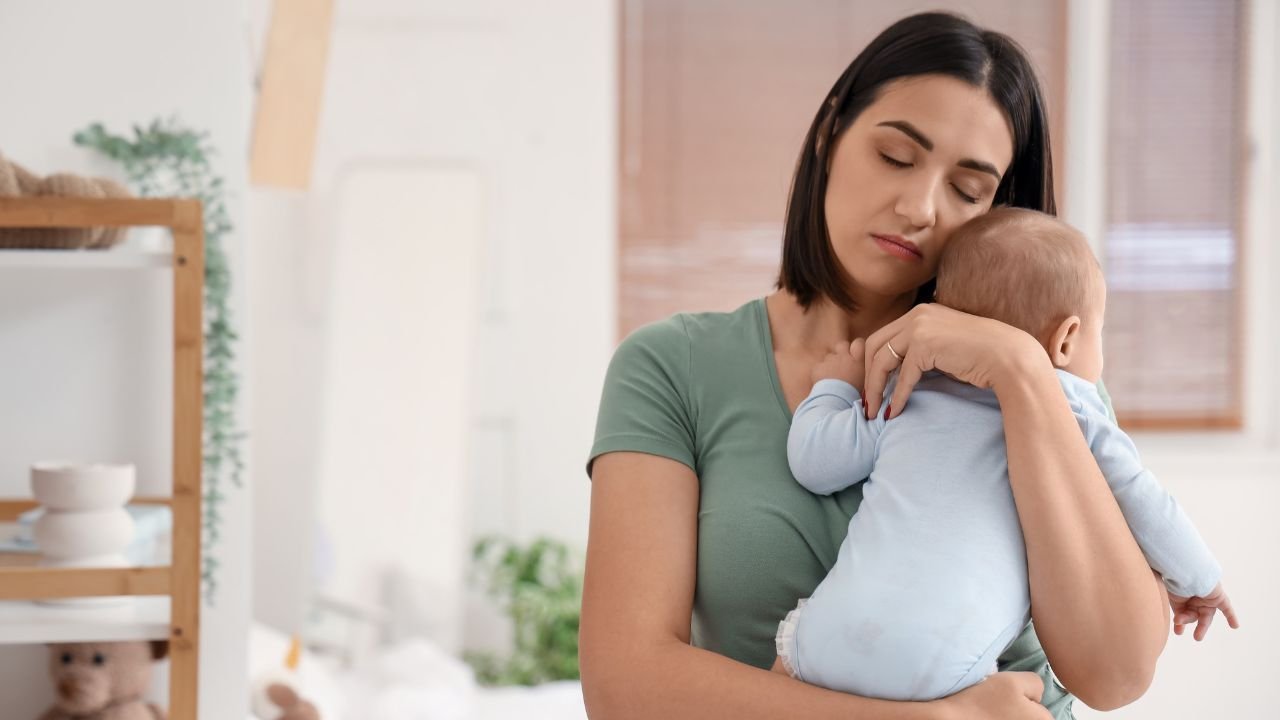Understanding Postpartum Anxiety: How to Recognize the Signs and Find Relief
Navigating the postpartum period is filled with emotions, new experiences, and countless adjustments. While it’s common to feel an increase in anxiety from whatever your baseline as you adjust to life with a new baby, it is important to be aware of the signs and symptoms of postpartum anxiety, —a disorder that affects many women during the postpartum period but is often misunderstood or overlooked.
What Is Postpartum Anxiety?
Postpartum anxiety is a type of anxiety disorder that can occur after giving birth (technically speaking, up to one year after). Unlike postpartum depression, which is widely discussed, postpartum anxiety tends to be overlooked. It involves excessive worry or fear that something bad will happen to your baby. It’s more than just being a concerned mom—postpartum anxiety can interfere with your daily life and your ability to enjoy motherhood.
Key Signs You Might Have Postpartum Anxiety
Constant Worry: It’s normal to worry about your baby, but if you find yourself obsessing over their well-being to the point where you can’t focus on anything else or struggle to enjoy things you used to enjoy (or your baby), this could be a sign of postpartum anxiety.
Physical Symptoms: Racing heart, dizziness, or shortness of breath can accompany anxious thoughts. Changes in appetite may also be impacted.
Sleep Disturbances: Even when your baby is sleeping soundly, you might find yourself unable to relax or sleep due to anxiety.
Irrational Fears: These might include thoughts of something terrible happening to your baby, which are not based on reality. They are sometimes referred to as intrusive thoughts.
What to Do If You Think You Have Postpartum Anxiety
First, know that you’re not alone—postpartum anxiety is common and treatable. Talk to your healthcare provider about your symptoms. Therapy, support groups, and sometimes medication can help you manage postpartum anxiety effectively. Remember, taking care of your mental health is just as important as taking care of your newborn. Don’t hesitate to reach out for help—you deserve to enjoy this special time with your baby, free from overwhelming worry.
*This information is not therapeutic advice and is the opinion of these authors and is not in lieu of mental health support from a licensed clinician in your area. If you are struggling, please reach out to a licensed mental health worker in your area.

